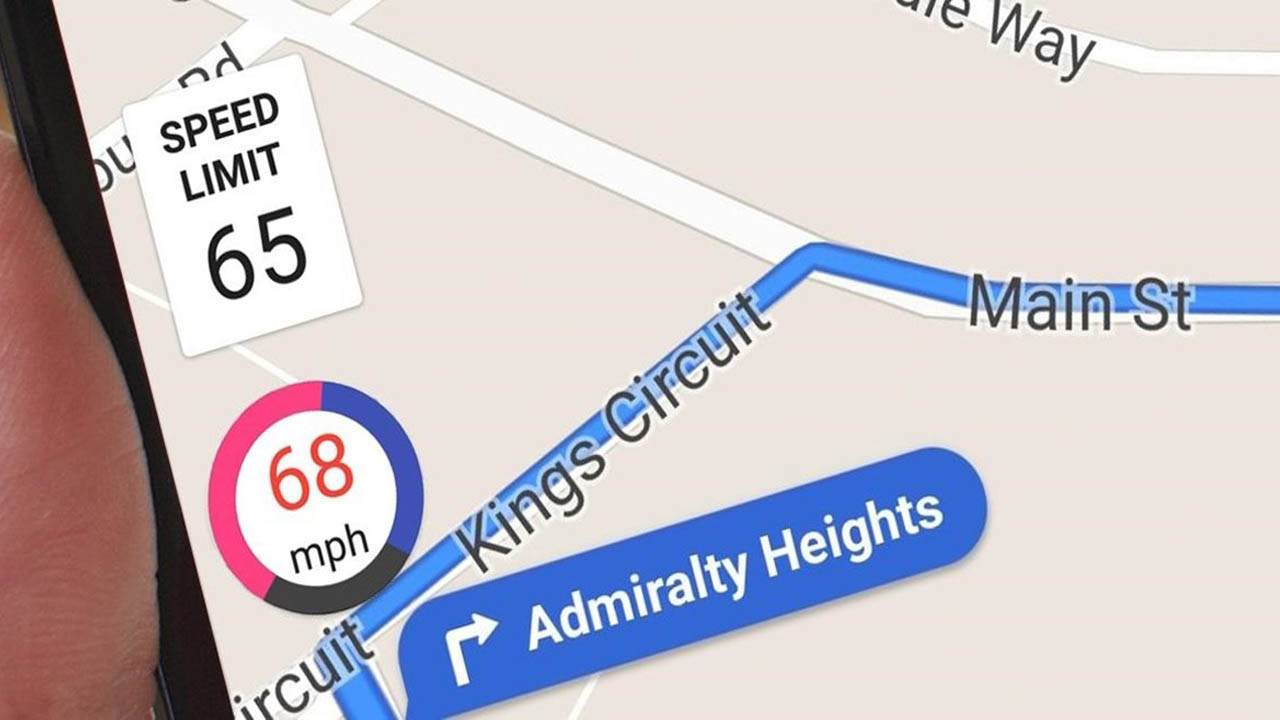As a society, we often talk about the importance of managing our finances well. This includes maintaining a good credit score and minimizing debt. But when it comes to actually doing it, many of us struggle. Debt can pile up easily, particularly for those who are living paycheck to paycheck or facing unexpected expenses. Fortunately, there are strategies that anyone can implement to reduce their debt and improve their credit score.
One of the first steps in reducing debt and improving credit is to understand your overall financial situation. This means taking stock of all your debts, including credit card balances, loans, and any other outstanding debts. You should also make a budget and stick to it. This may mean cutting back on certain expenses or finding ways to increase your income. By understanding where you stand financially and making a plan, you will be better equipped to tackle your debt and increase your credit score.
Another important strategy is to pay down your debts systematically. This means focusing on the debts with the highest interest rates first, as these are the ones that will cost you the most money over time. You should also make sure to make at least the minimum payment on all of your debts each month to avoid penalties and fees. If you have multiple credit card balances, consider consolidating them into one loan with a lower interest rate, such as a personal loan or a balance transfer credit card.
Another way to reduce debt is to negotiate with your creditors. This may involve asking for a lower interest rate or a payment plan that is more manageable for you. You can also try working with a credit counseling agency, which can help you develop a debt repayment plan and negotiate with your creditors on your behalf.
Improving your credit score is also critical for long-term financial health. One of the most important factors in determining your credit score is your payment history. Therefore, it’s crucial to always make your payments on time. Another factor that can impact your credit score is your credit utilization ratio, which is the amount of your available credit that you are actually using. Ideally, you should aim to use no more than 30% of your available credit at any given time.
Another way to improve your credit score is to monitor your credit report regularly. You can get a free copy of your credit report from each of the three major credit bureaus once a year. Check your report carefully for errors or inaccuracies, and report any discrepancies to the credit bureaus as soon as possible.
In conclusion, reducing debt and improving your credit score require discipline and persistence. By making a plan, paying down debt systematically, negotiating with creditors, and monitoring your credit report, you can take steps towards achieving financial health and stability.






















